
Are Pig Ear Chews Bad for Dogs?. Pet owners often assume that giving a tasty pig's ear to their canine companion is a healthy treat. Pig ears have long been viewed by owners as a safe alternative to often dangerous plastic dog toys. Recently, people have begun to wonder about the safety of pig ears. In early 2011, pig ear manufactures such as Jones Natural Chews Co. recalled thousands of pig ears due to possible salmonella poisoning. Even an uncontaminated pig's ear poses serious health risks to a dog.
Pig ears pose a risk to both dogs and humans. In 1999, 30 cases of Salmonella infantis occurred in pet owners in Canada, according to the U.S. Food and Drug Administration. After investigation, it was determined that pig ears manufactured by Farm Meats Canada, Ltd. in High River, Alberta, Canada were the origin of the contamination. Salmonella poisoning poses a serious risk to both humans and pets. Puppies and older dogs can easily succumb to the toxin. Infected dogs and humans often exhibit fever, diarrhea and vomiting.
Pig ears carry the same dangers that rawhide chews do. Large-breed dogs that possess strong jaws will often break off large chunks of the pig's ear. The dog will inadvertently swallow the chunks and could choke or suffer from a gastrointestinal blockage. The dog's throat and esophagus can become irritated if the dog swallows a piece of the ear before it softens. A dog may also break a tooth by chewing too vigorously on the hard ear.
Most dogs adore pig ears. They will voraciously consume as many as they can. Rapidly eating the pig ear often causes the dog to vomit the ear parts back up. Consuming a large quantity of pig ears or rapidly eating the ears may also cause the dog to suffer diarrhea. The tanned ear breaks down slowly in the dog's digestive tract. If the chunk causes an obstruction in the dog's gastrointestinal tract, it may require surgery.
The manufacturing of pig ears has no regulations, unlike food manufacturing. Pig ears and raw hide dog toys imported from other countries may contain formaldehyde, chromium salts, lead solutions, arsenic compounds or mercury. Pet owners should always wash their hands with soap and water after handling pig ears. The U.S. Food and Drug Administration states that the elderly, those with weakened immunity and children should avoid handling pig ears.
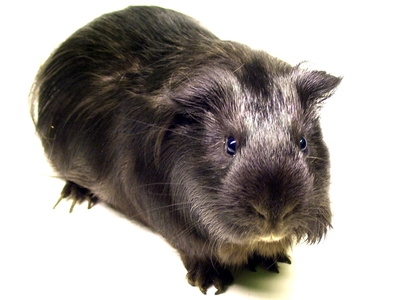 How to Know If Your Cavy Is Pregnant?
How to Know If Your Cavy Is Pregnant?
How to Know If Your Cavy Is Pregnant?
How to Know If Your Cavy Is Pregnant?
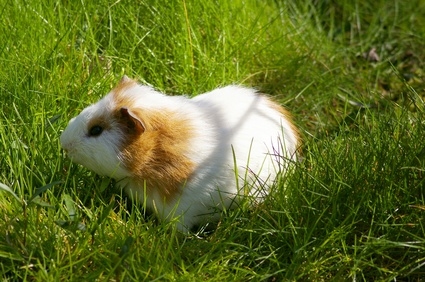 How to Kill Fleas on a Guinea Pig
How to Kill Fleas on a Guinea Pig
How
How to Kill Fleas on a Guinea Pig
How to Kill Fleas on a Guinea Pig
How
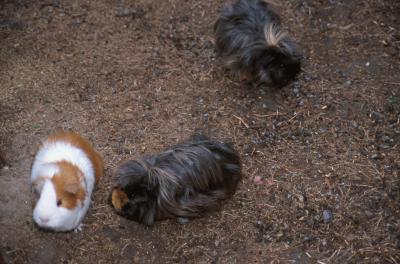 How to look after your Guinea Pig
How to look after your Guinea Pig
How
How to look after your Guinea Pig
How to look after your Guinea Pig
How
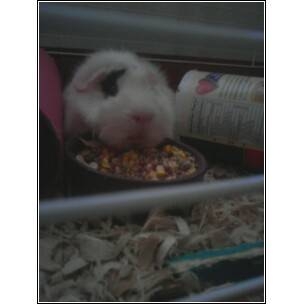 How to Make Guinea Pig Toys
How to Make Guinea Pig Toys
How to Mak
How to Make Guinea Pig Toys
How to Make Guinea Pig Toys
How to Mak
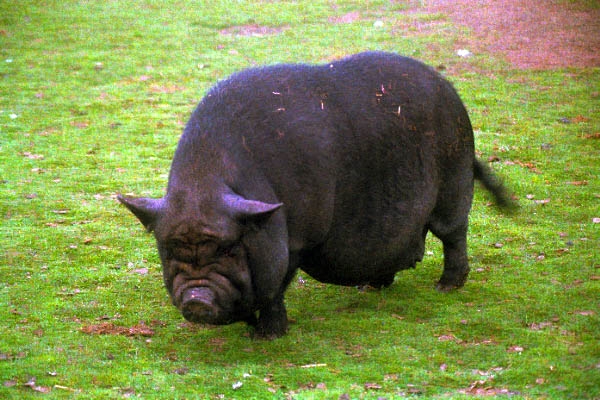 How to Raise a Pot Belly Pig
How to Raise a Pot Belly Pig
How to Ra
How to Raise a Pot Belly Pig
How to Raise a Pot Belly Pig
How to Ra
Copyright © 2005-2016 Pet Information All Rights Reserved
Contact us: www162date@outlook.com